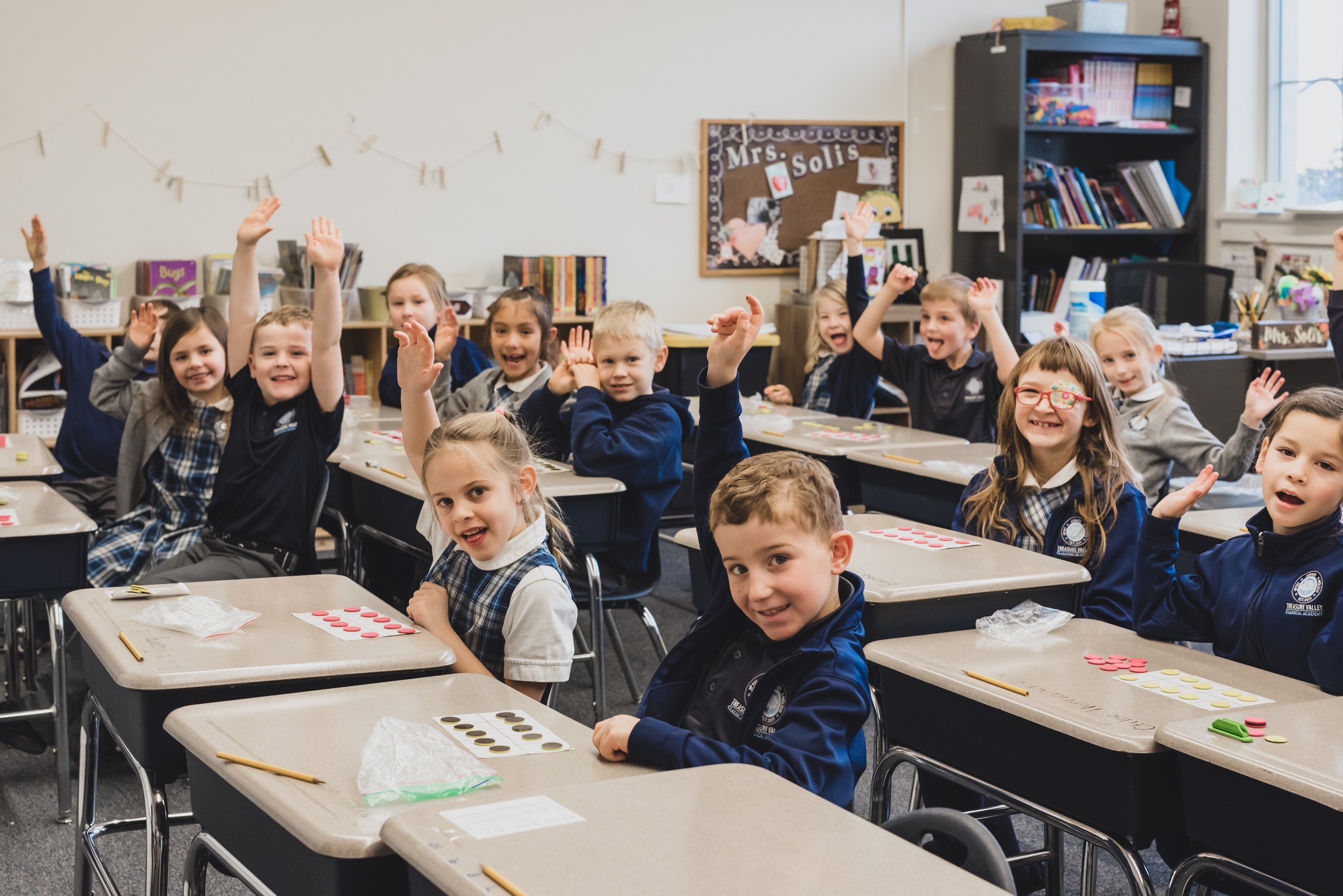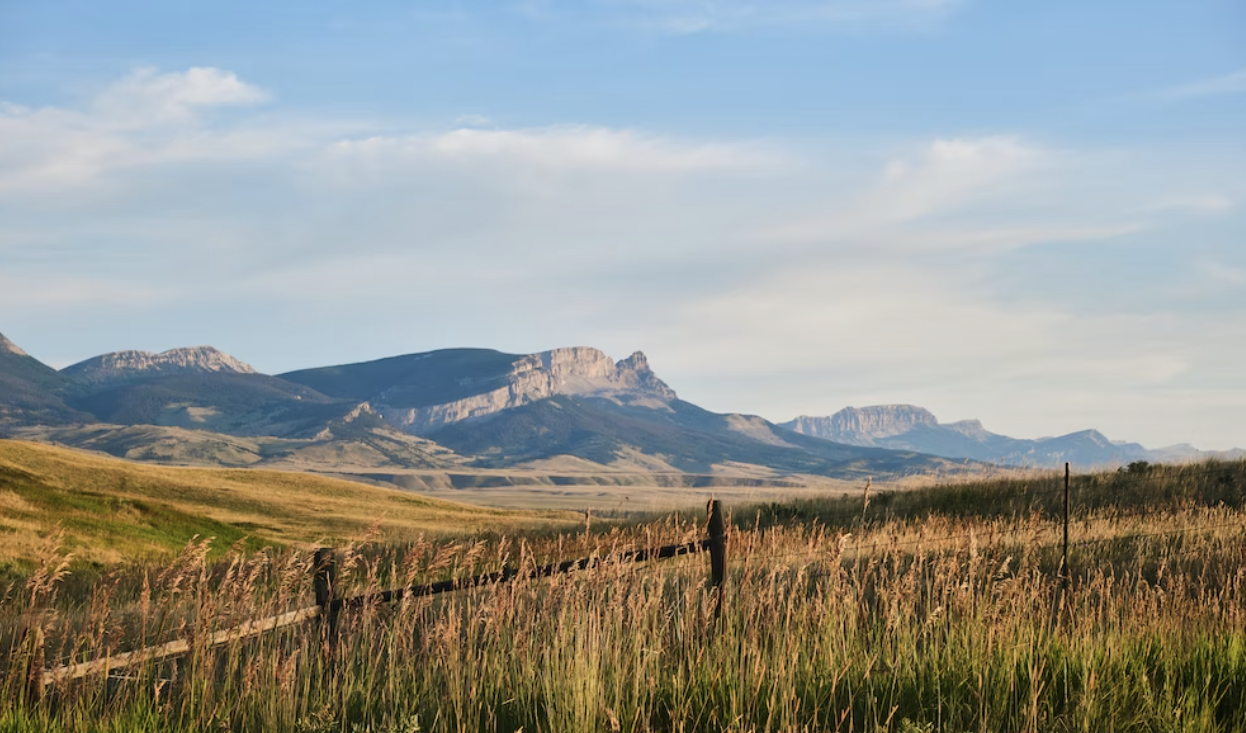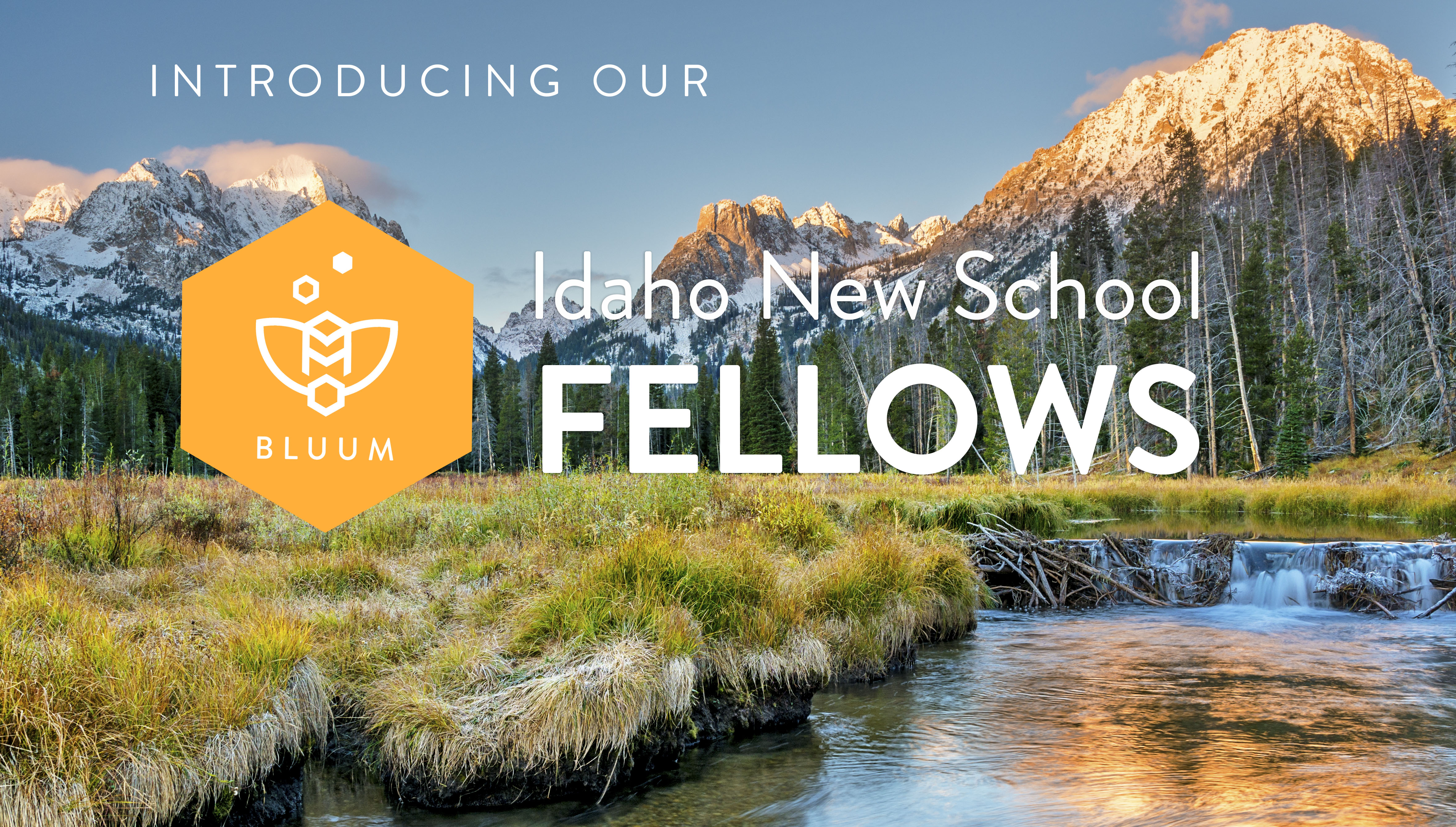
Introducing Idaho’s New Education Entrepreneurs
by Wendy Sand, Guest Contributor
Innovation is in high demand. Consumers expect it of businesses. Businesses seek it out in their employees. And as we raise and cultivate the next generation of thinkers, it makes sense that we should also demand it of our educational system. This requires leadership that is not content with the status quo. That actively seeks out what’s working in education and what isn’t. That explores new models and progressive techniques. And that purposely shakes things up not only to keep education fresh and evolving, but to get children excited about learning, feeling confident about their accomplishments, and keenly focused on the possibilities ahead.
It also requires a belief that all students can reach their potential.
Bluum thinks about this a lot, especially given the achievement gap that exists between lower income students of color in Idaho and their white counterparts. To this end, the organization is working to promote quality educational choices for underserved students. As Idaho’s population grows and diversifies, and there’s a subsequent influx of new students, the organization sees an incredible opportunity to better serve these students.
The Idaho New School Fellowship is a unique program that addresses this opportunity with an entrepreneurial mindset. It tasks two qualified and committed educators with creating new schools that provide rigorous and progressive learning environments to Idaho’s neediest students.
The future of educational leadership
The Idaho New School Fellowship is an immersive and intensive two-year exploration into progressive education and the development of new schools. Fellows participate in professional leadership trainings. They visit different schools across the country. And they learn the logistics of what it will take to establish new schools in Idaho.
In the summer of 2015, Bluum put out a call for fellows; and after a lengthy and strenuous application process, Amanda Cox and Brad Petersen were chosen to pioneer the program. Both are forward-thinking individuals with radically different backgrounds, but who share a passion for educating children and promoting equity in the classroom.
With support from Bluum, the J.A. and Kathryn Albertson Family Foundation, and other partners such as the KIPP (Knowledge is Power Program) Foundation, Teach for America, and Building Hope, these leaders will implement innovative new schools that align their visions with the needs of the communities they will eventually serve.
“The Idaho New School Fellowship speaks directly to our belief in supporting emerging young leaders in education,” says Roger Quarles, Executive Director of the J.A. and Kathryn Albertson Family Foundation. “The ability to leverage the unique experience and dispositional qualities of young leaders like Amanda and Brad will be paramount to the success of high performing schools in Idaho.”
Amanda Cox focuses on identity and inclusion in the classroom
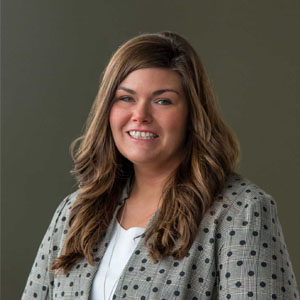 Amanda Cox is a member of the Turtle Mountain Band of Chippewa Indians and a first generation college graduate. Growing up in the Tri Cities, WA area with a white father and Native American mother, Cox admits, “I grew up with a different type of normalcy.” It was a layered cultural existence that, unfortunately, wasn’t often “affirmed” in the classroom. With little guidance to navigate the complex pathway to higher education, she didn’t go on to college immediately. Instead, she took three years off. But seeing friends return from college, she realized she wanted that opportunity for herself as well. She applied to Whitworth College in Spokane (as it was the only college pamphlet she’d received), was accepted, and quickly realized she wouldn’t have the funds to stay there long. Ever resourceful, Cox accelerated her studies and earned her sociology degree in just three semesters.
Amanda Cox is a member of the Turtle Mountain Band of Chippewa Indians and a first generation college graduate. Growing up in the Tri Cities, WA area with a white father and Native American mother, Cox admits, “I grew up with a different type of normalcy.” It was a layered cultural existence that, unfortunately, wasn’t often “affirmed” in the classroom. With little guidance to navigate the complex pathway to higher education, she didn’t go on to college immediately. Instead, she took three years off. But seeing friends return from college, she realized she wanted that opportunity for herself as well. She applied to Whitworth College in Spokane (as it was the only college pamphlet she’d received), was accepted, and quickly realized she wouldn’t have the funds to stay there long. Ever resourceful, Cox accelerated her studies and earned her sociology degree in just three semesters.
It was at Whitworth that Cox first became interested in studying communities, “Particularly those with a history of not being given the same access and opportunities as others.” There, she also learned about Teach for America. Given her own experience in the school system, she adds, “I wanted to more deeply understand the history of education and inequity in our country.” Teach for America took Cox to rural North Carolina, where she taught in a predominantly African American school for four years.
Today she finds herself facing a different challenge, but one that is just as exciting. She was drawn to the Idaho New School Fellowship because of the network of support and resources, as well as its association with the KIPP Fisher Fellowship. “As an organization, KIPP has a solid reputation for high-quality professional development,” she says. Not only will she get exceptional leadership training, but she’ll also get the autonomy she wants to create a school truly aligned with her vision.
Cox is drawn to the flexibility and design thinking principals inherent in the lab school model— particularly the freedom to nuance curriculum according to trends. Her school will have rigorous academics, she says; but it will also be grounded in the values of joy, justice, and curiosity.
Of course, equity is a priority. She is already thinking about how to approach marketing and recruitment so that the student population truly reflects its surrounding demographics. It is critical that the funding formula includes school lunches and transportation. “If we’re truly going to serve Idaho’s neediest students,” she says, “These basics must be available.” Unfortunately, Idaho’s per-pupil funding, which ranks second to last in the country, and complexities surrounding charter school funding, present a challenge.
In addition to the funding formula, Cox must also address the achievement gap. “I want a program that is challenging academically,” says Cox, ”But there is much more to it.” She quotes from Gregory Boyle’s Tattoos of the Heart: The Power of Boundless Compassion: “Kinship is not serving the other, but being with the other.” Ultimately Cox wants to create an environment where students can explore—and be affirmed in—who they are, so that they’re better able to connect with others. “This type of kinship is at the heart of my vision,” she says. “Helping students be successful academically, of course—but also educating the ‘whole’ child.”
Brad Petersen builds on his past to inspire the future
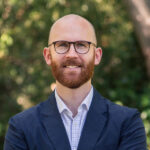 Brad Petersen grew up in a household where education was always front and center. His mother, a high school US History teacher, started her own charter school near Reno, right after Petersen went off to BYU-Idaho. During intermittent visits home, he’d often help out at the school. As he finished college and was set to embark on a law career, he realized that path wasn’t for him. He wanted something that would give him the happiness and satisfaction he had experienced working with his mom’s students. He wanted to make a difference through education.
Brad Petersen grew up in a household where education was always front and center. His mother, a high school US History teacher, started her own charter school near Reno, right after Petersen went off to BYU-Idaho. During intermittent visits home, he’d often help out at the school. As he finished college and was set to embark on a law career, he realized that path wasn’t for him. He wanted something that would give him the happiness and satisfaction he had experienced working with his mom’s students. He wanted to make a difference through education.
It was at this time that he learned about Teach for America and was particularly drawn to its mission of giving all children an equitable shot at reaching their potential. After his acceptance into the program, he started teaching 4th grade at KIPP Shine Prep—the original KIPP school—in Houston, TX. While there, he also started several STEM-focused after-school programs and saw his students excel academically.
Like Cox, Petersen was intrigued by the Idaho New School Fellowship because of its affiliation with the KIPP Fisher Fellowship and it provided an opportunity to explore his own progressive vision. “I’m lucky because this is my sole focus. And I have an extra layer of support,” says Petersen in reference to Bluum and its partners. “When my mom started her school, she was working, raising five kids at the time, and had to cobble things together.”
At the heart of his vision are three key pillars. Equity, Petersen says, is paramount. “Seeking diversity has to be a core value and mission of the school.” Time and space are also critical. He’s looking at ways to give students more time in school. He also wants to move away from an industrial model of education, toward more personalized learning opportunities. And finally, he wants a future-focused pedagogy and curriculum that rigorously works the core academic areas but also emphasizes computer science and engineering. “With the prevalence of technology today, this is something students can understand and relate to,” he says. “It will also help prepare them for the future.”
To bridge the achievement gap, Petersen intends to target families that are traditionally overlooked. “If we want to appeal to Latinos in our community, we must market in Spanish as well as English,” he says. Petersen believes in proactively engaging the community “through events such as assemblies that celebrate cultural differences or community literacy nights that bring families into the school.” He also wants to engage families in school planning. “They need to know we’re building this together,” he adds.
Petersen saw first hand, while teaching in Houston, what underserved students can achieve when given the opportunity and the encouragement to excel. “There is a demand for schools that focus on the future and insist that all kids pursue a higher education.” Petersen adds. “I know that if we insist and persist all the way with our students, they can do it.”
Idaho forges a new path to educational excellence and success
Educational success, of course, means different things to different people. Many turn to test scores to measure performance and progress, but that’s just one part of the equation. Cox, Petersen, Bluum, and its partners are looking at a much bigger picture. It involves giving all students access to quality schooling. It means closing Idaho’s achievement gap through rigorous academics and a classroom culture that welcomes and affirms diversity. It means implementing progressive models and techniques that promote learning in fresh and exciting ways. And it’s about encouraging an intellectual curiosity and genuine love for learning.
It’s a tall order, certainly. But Bluum and its partners, through the Idaho New School Fellowship, just might be on to something that’s both innovative and on target with today’s needs.
“This is the first time something like this has been done in Idaho,” says Terry Ryan, CEO of Bluum. “Maybe in the country.” Of course, forging new territory and taking risks is not new for Idahoans—it’s ingrained in the state’s history and culture. “There’s a lot riding on this,” admits Ryan. “But we believe Amanda and Brad are right for the job. We also have a strong team of partners committed to supporting their efforts and helping to ensure that all students reach their full potential.”
—
Have something to say? Find us on Facebook and Twitter to join the conversation!


